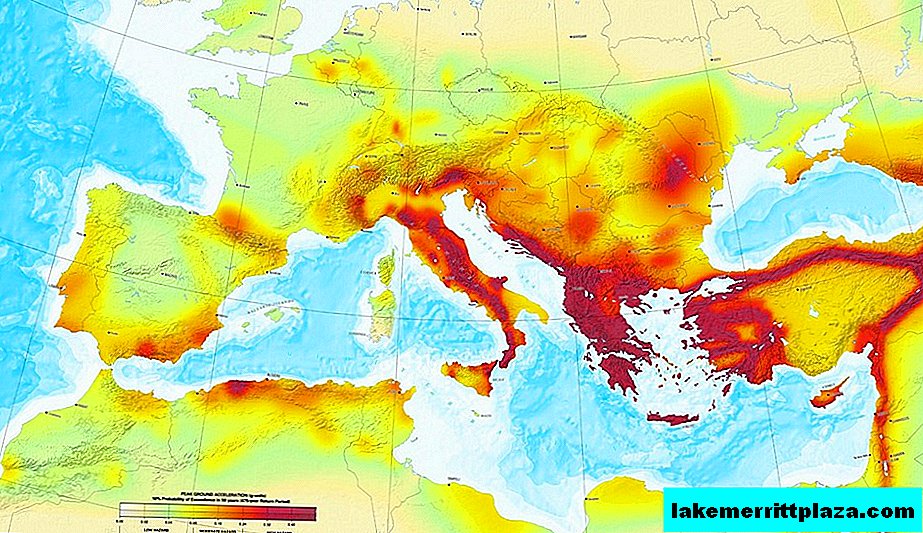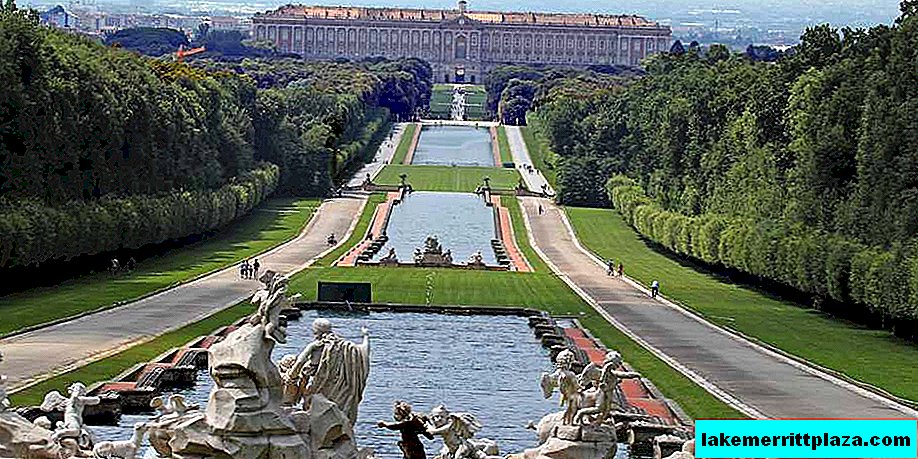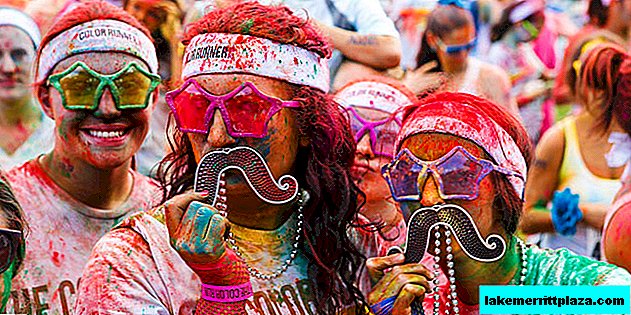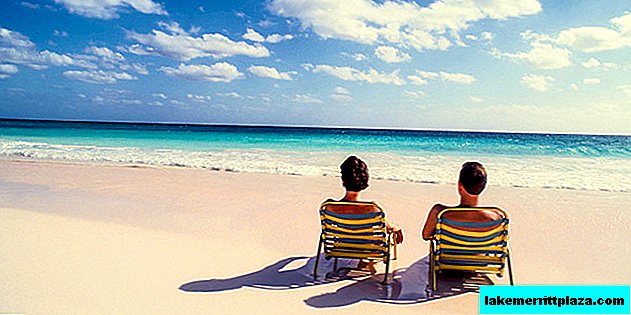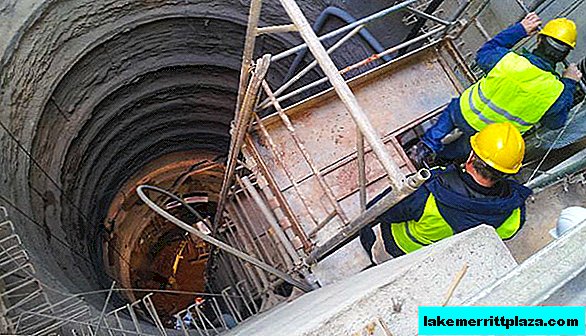Even before Potsdam entered our history after World War II, Russian Cossacks settled here. Surprisingly, for 200 years it was possible to maintain the authentic atmosphere of the patriarchal Russian village. It seems that there is no such miracle even in Russia. So the Russian village could look!

Colonist's House, photo by Olaf
Aleksandrovka is an ideal Russian village in Germany
In 1806, the army of Napoleon defeated the Prussian-Saxon troops, and an alliance with France against Russia was imposed on the defeated Prussia. In 1812, more than a thousand soldiers were captured by the French and 62 of them remained in Potsdam. They formed a choir formally assigned to the first guards regiment of Prussia.
When a treaty of neutrality was concluded in December 1812, and Prussia united with Russia against France, a separate regiment was formed from captured Russian soldiers, who took part in the battles against Napoleon, and the Potsdam choir of Russian prisoners of war entertained the Prussian king in the military camp. The retired singers were replaced by Russian grenadiers: Emperor Alexander I allowed the choir to remain in Prussia and allocated seven grenadiers from his guard to replenish the guard of the Prussian king.
By 1825, when Alexander I died, 12 chorus singers survived in Potsdam, and in the spring of 1826, Frederick William III established a colony near Potsdam in memory of his friendship with the Russian Tsar, which he ordered the remaining singers to name and named in honor of Alexander I - Alexandrovka (Russische Kolonie Alexandrowka).

Church of Alexander Nevsky (Alexander-Newski-Gedächtniskirche), photo A.Savin
In 1827, the colonists celebrated a housewarming party, 12 farmsteads and a two-story caretaker's house without a garden were erected. The houses were furnished, gardens were laid out next to them, a cow was allocated to each household. The colonists did not have the right to dispose of the plots, but they could inherit. An Orthodox church of Alexander Nevsky was built on Mount Kapellenberg. Nearby was the 14th house, in which Tarnovsky, the foreman of the royal teahouse, lived on the top floor. In 1891, the last of the singers died. By the centenary of the colony, only four families of direct descendants of the first colonists lived in it, and after the land reform there were two of them left.







Russian colony - UNESCO site
Today, one family lives here - the Grigorievs. The colony was in the personal ownership of the royal house of Prussia, and until 1945 the rights and obligations of its inhabitants remained the same as under the king. When Germany merged in 1990, most of the houses became private property. Since 1999, the architectural complex of the colony has been recognized by UNESCO as worthy of inclusion in the World Heritage List.



